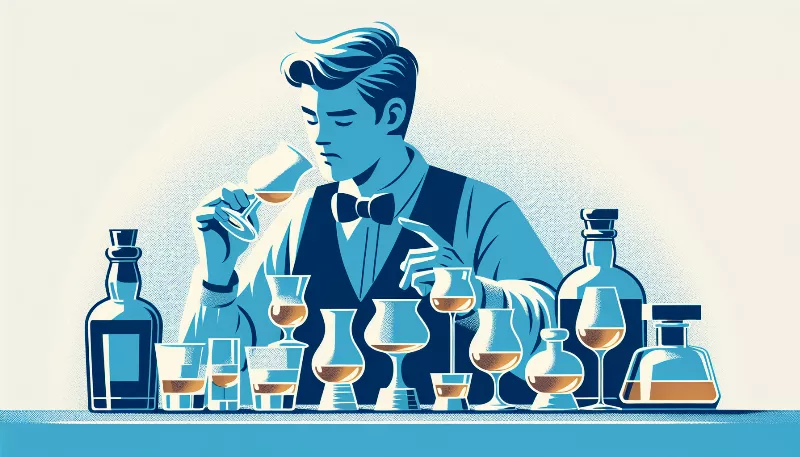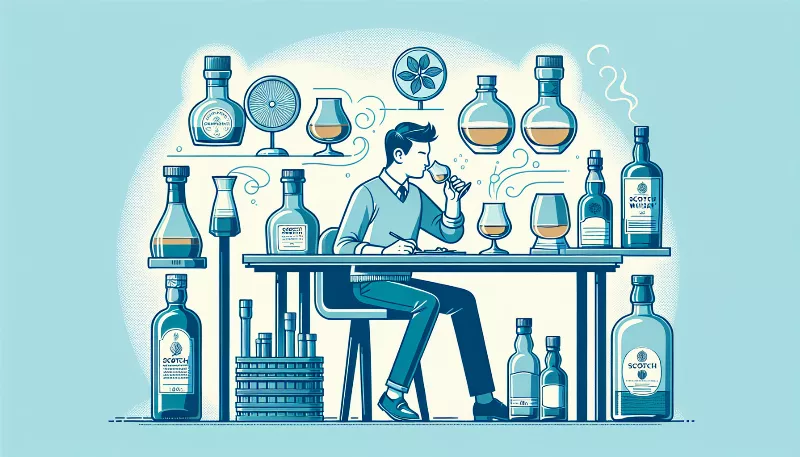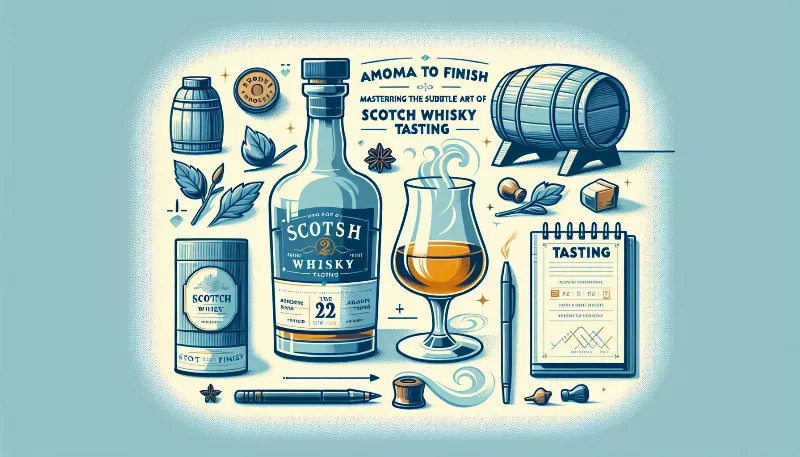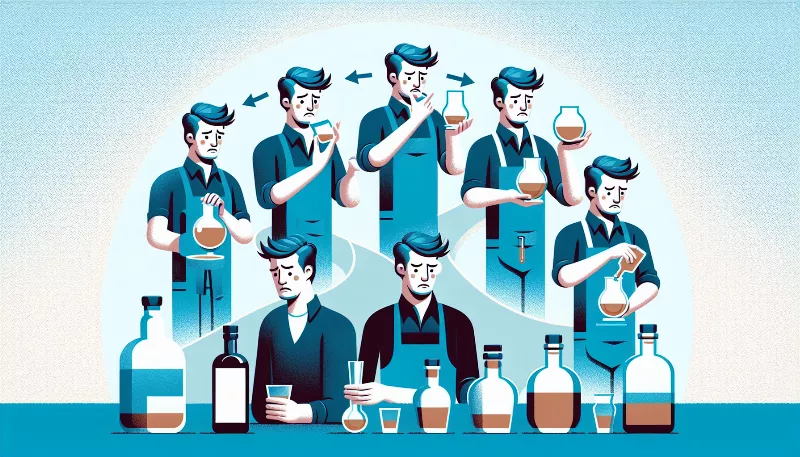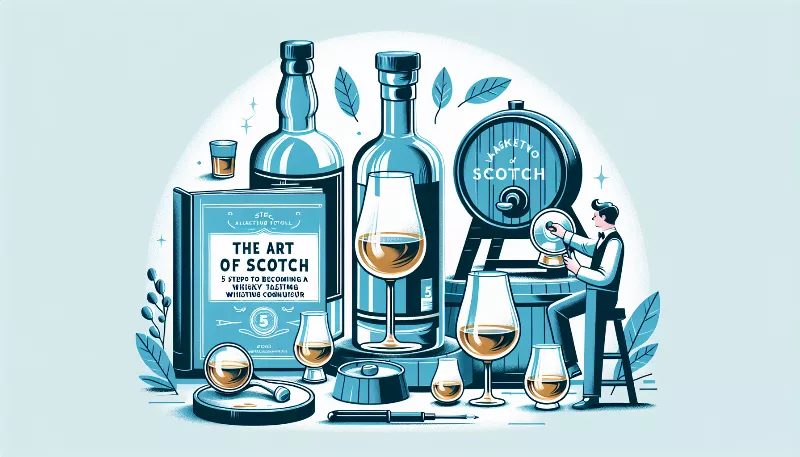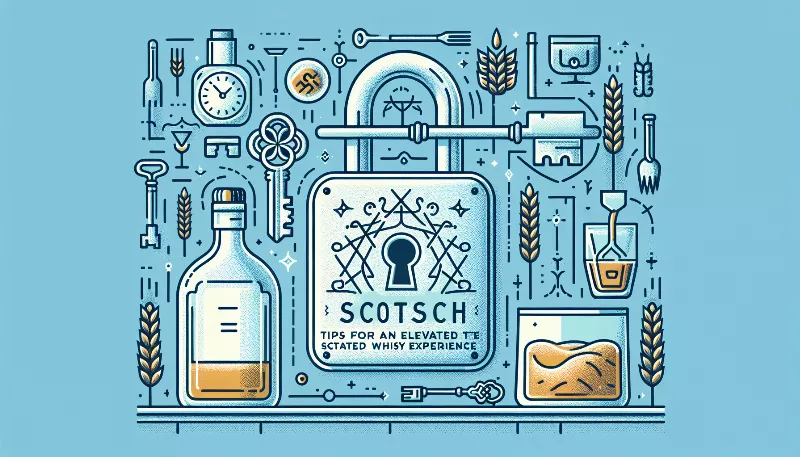What are some common mistakes to avoid when tasting Scotch whisky for the first time?
Discover the do's and don'ts of Scotch tasting. Avoid rookie errors with our guide to savoring whisky like a pro. Elevate your first sip experience!
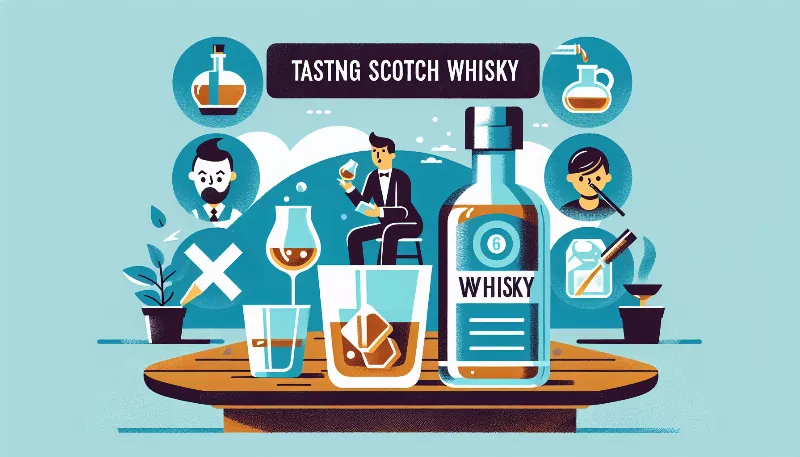
Embarking on a Flavorful Journey
Welcome, whisky enthusiasts and curious novices alike! Tasting Scotch whisky for the first time is an exciting adventure into a world rich with history, tradition, and an incredible spectrum of flavors. However, as with any new experience, there's a chance of making some missteps along the way. Fear not, for we're here to guide you through the common pitfalls, ensuring your maiden voyage into the waters of Scotch is as smooth and enjoyable as the spirit itself!
Overwhelming the Senses
One of the most common mistakes when tasting Scotch for the first time is diving in too quickly. The complex aromas and flavors of Scotch can be intense for newcomers. Take a moment to appreciate the color and body of the whisky before nosing it gently. Allow your senses to adjust to the alcohol vapors by sniffing with your mouth slightly open. This technique helps to mitigate the alcohol's impact and lets the subtler notes come through.
Skipping the Water
Many first-timers believe that adding water to their Scotch is a faux pas. On the contrary, a few drops can open up the whisky, revealing hidden nuances in both aroma and taste. Don't be afraid to experiment with water to find the perfect balance for your palate. Just remember, it's easier to add more water than to take it away, so start with a small amount and adjust as needed.
Rushing the Experience
Scotch whisky isn't a drink to be rushed. Each sip should be savored, allowing the liquid to coat your tongue and expose the full range of flavors. If you gulp it down, you'll miss out on the evolving profile of the whisky as it transitions from the initial taste to the mid-palate and finally to the finish. Give yourself time between sips to reflect on the experience and identify the different notes.
Chasing Only Age Statements
A common misconception is that older whiskies are inherently better. While age can contribute to the depth and complexity of Scotch, it's not the sole indicator of quality. Younger whiskies can be vibrant, lively, and full of character. Don't let age statements dictate your choices; instead, focus on the flavor profiles that appeal to you.
Ignoring the Glassware
The glass you choose for your Scotch can significantly affect your tasting experience. A tulip-shaped glass, such as a Glencairn, is designed to concentrate the aromas at the top of the glass, enhancing your ability to nose the whisky. Using a tumbler or a non-specific glass might disperse the aromas too quickly, making it harder to pick up on all the subtleties Scotch has to offer.
Concluding Your Scotch Adventure
Remember, the world of Scotch whisky is vast and varied. Each bottle tells a story of its origin, ingredients, and craftsmanship. By avoiding these common mistakes, you'll set the stage for a truly immersive and delightful tasting experience. So pour yourself a dram, take your time, and embark on a journey of discovery with each sip of Scotland's finest. Slàinte mhath!

